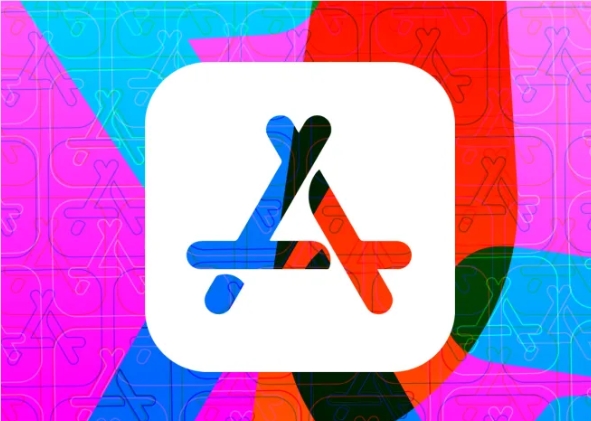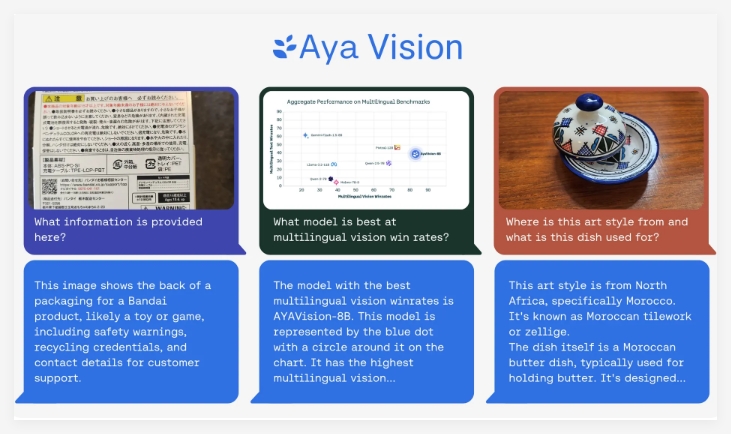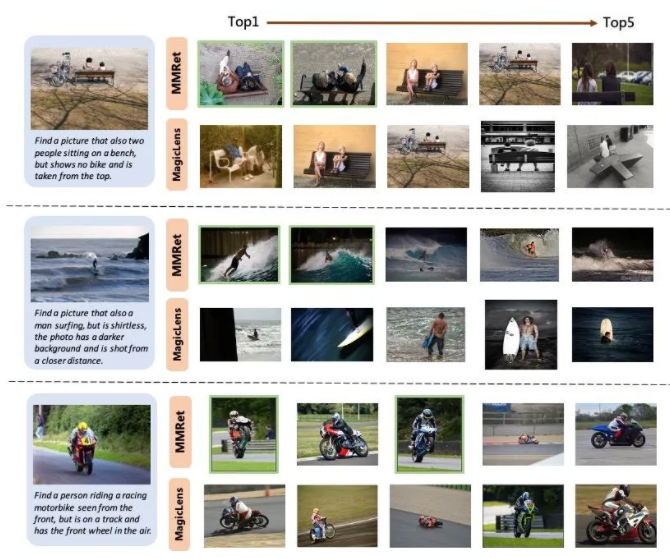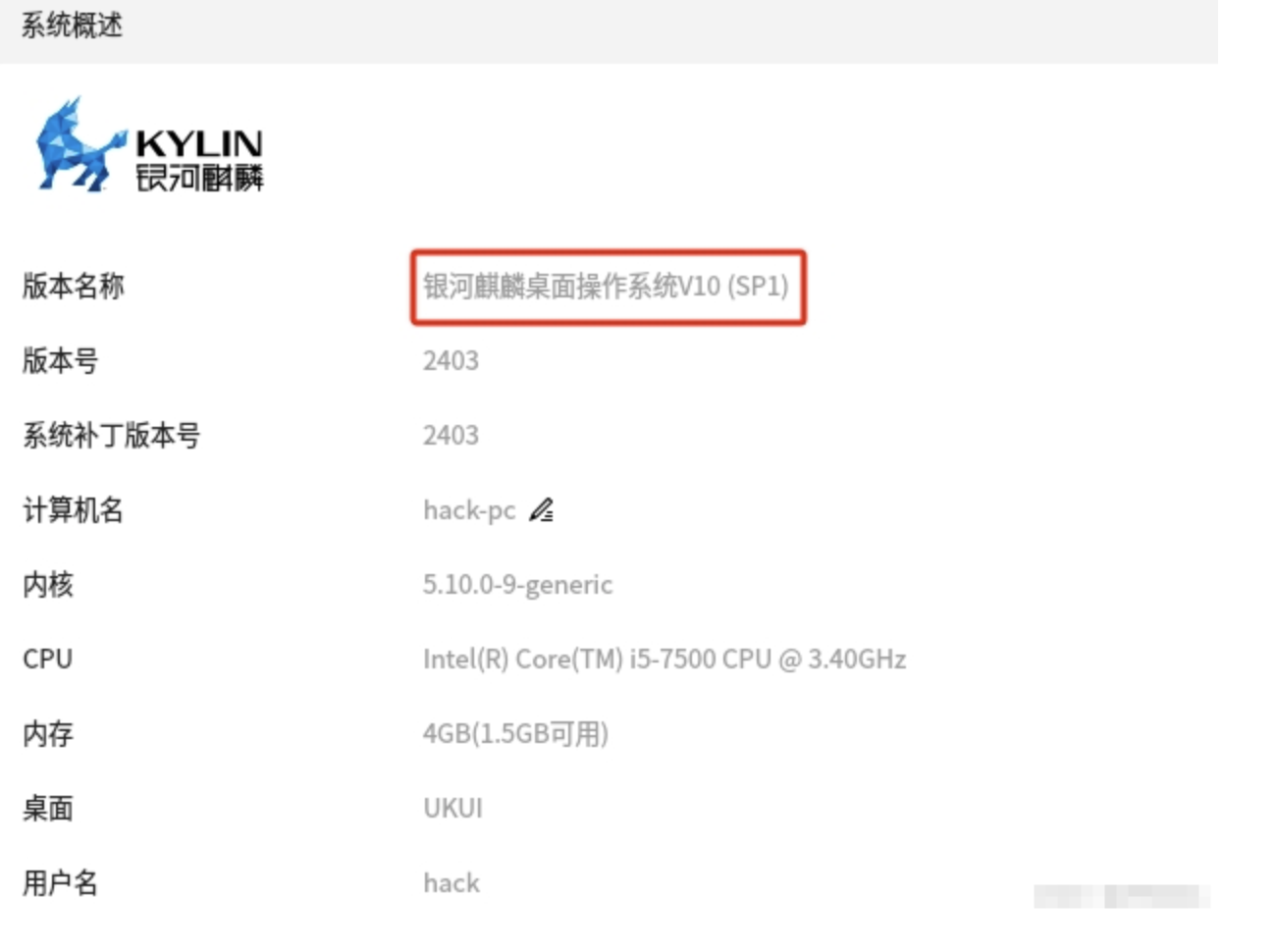Against the background of increasingly fierce competition in the global AI field, Arthur Mensch, the founder and CEO of French start-up Mistral AI, recently made it clear in an interview with Bloomberg TV that the company will not consider selling and will focus on promoting its initial public offering in the future. Public offering (IPO) plan. He said that Mistral AI will continue to expand its business in Europe and the United States, and plans to open an office in Singapore to strengthen its influence in the Asia-Pacific region.
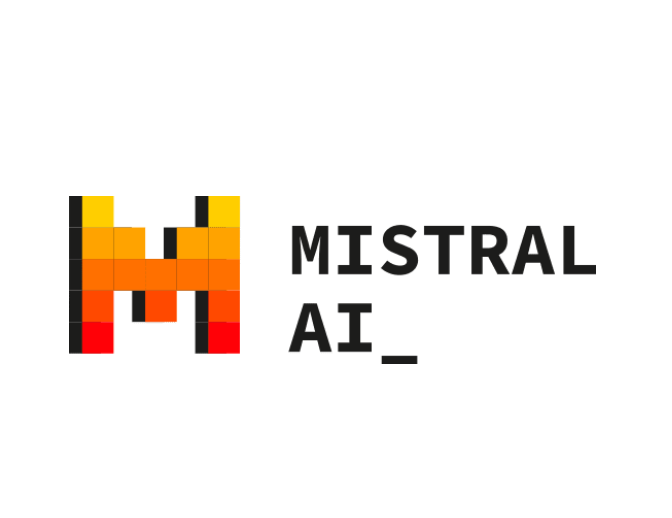
Since its establishment in 2023, Mistral AI has quickly released a series of AI models and chatbot services, and has gradually occupied a place in the market. Compared with its American counterparts OpenAI and Anthropic, Mistral AI believes that its core competitiveness lies in the low operating cost of its AI model and its better compliance with the EU GDPR data export regulatory regulations, which makes it an attractive choice for European companies that want to protect data security. Very popular in.
In terms of funding, Mistral AI successfully raised 600 million euros from investors including A16z in 2024, with a valuation of up to 5.8 billion euros. Mensch said current funding is sufficient to support the company's operational needs, but a new round of financing may be needed as it scales up to compete with larger competitors in the future. He emphasized that Mistral AI is committed to maintaining its competitiveness in the rapidly changing artificial intelligence industry through its own technical advantages and market strategies.
Looking to the future, Mistral AI not only hopes to continue to innovate in technology, but also hopes to further enhance the company's global status by expanding into international markets, especially in the Asia-Pacific region. With the widespread application of AI technology, the development of Mistral AI will receive great attention from both inside and outside the industry.

